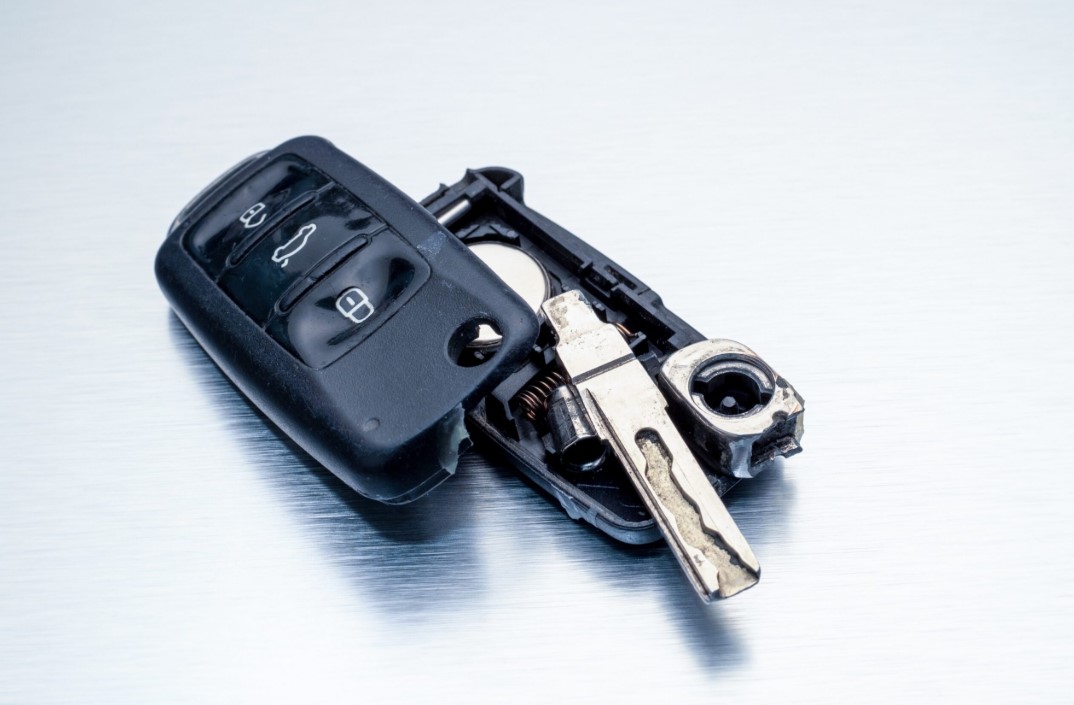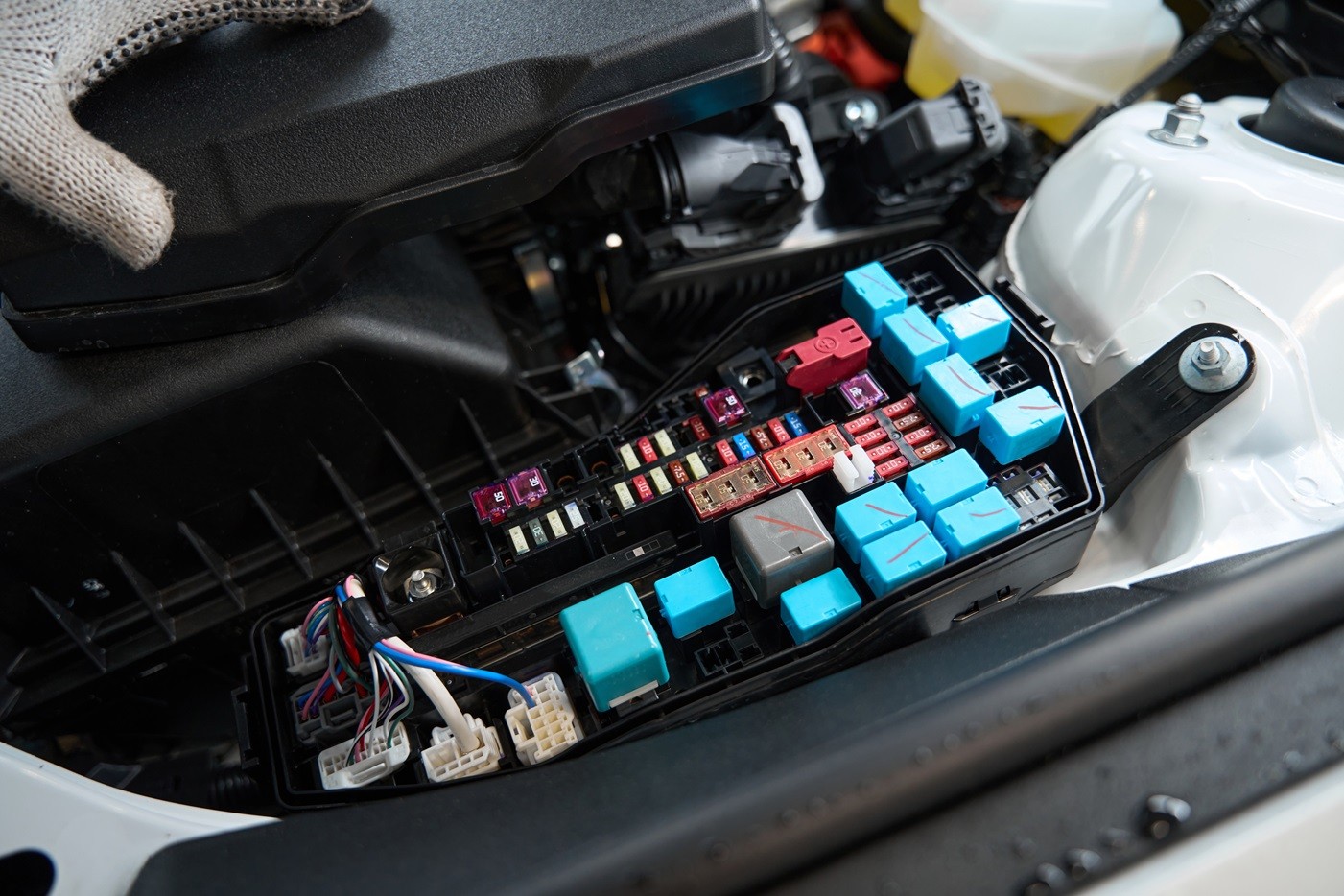Can Aftermarket Keys Damage Your Car’s System?

Aftermarket car keys offer a more affordable alternative to dealership replacements. Many drivers turn to third-party keys to save money or replace lost remotes faster. While some aftermarket keys work without issues, not all are created equal. Compatibility, quality, and programming standards vary across suppliers. Improperly designed or incorrectly programmed keys may interfere with your vehicle’s electronic systems.
That is why it is important to use reliable services like MRKey. Professional vendors test compatibility and ensure every key meets proper security standards. Low-cost, unverified products might appear convenient, but they can trigger dashboard errors, disable keyless entry, or even lock down ignition systems. Trusted suppliers provide working solutions without risking damage to your vehicle.
How Aftermarket Keys Differ from OEM
Original Equipment Manufacturer (OEM) keys are made by or for the vehicle’s brand. Aftermarket keys come from third-party sources and replicate the functions of OEM products. Differences include:
- Chip type and encryption: Some aftermarket keys lack the correct chip or use outdated signal protocols.
- Build quality: OEM keys use stronger materials, while some aftermarket versions wear down faster.
- Battery design: Low-end remotes often come with weak batteries or poor soldering.
Although many aftermarket keys work fine when matched properly, some fail due to slight variations in design or coding.
Risks to Your Vehicle’s System

Source: remergen.com
Programming Conflicts
Incorrect programming can confuse the car’s onboard computer. If a new key sends conflicting signals, it may cause:
- Security system lockouts
- Error codes on the dashboard
- Failure to start or intermittent ignition failure
Some vehicles require exact rolling-code sequences or secure handshake signals. Skipping steps or using the wrong tool causes misalignment.
Immobilizer Disruption
Modern cars use immobilizer systems that block engine start unless a recognized signal is detected. Poorly cloned keys may:
- Disable the immobilizer permanently
- Trigger anti-theft mode
- Drain battery charge during repeated failed attempts
Once tripped, the system might need full reprogramming at a dealership, which costs significantly more than proper replacement.
Data Interference
Vehicle control units (ECU, BCM, or TCM) rely on clean input signals. Aftermarket keys with incorrect transponders may send signals that:
- Interrupt normal sensor function
- Affect other vehicle features tied to remote functions
- Reduce range or speed of signal recognition
Some systems may even log these errors internally, which could impact future diagnostics.
Best Practices for Using Aftermarket Keys

Source: 3guyslocksmiths.com
- Use certified vendors with proven compatibility for your vehicle’s make and model
- Always get keys cut and programmed by professionals who understand your car’s security system
- Avoid universal keys that promise support for “all cars” without validation
- Test new keys immediately and monitor vehicle behavior for the next several days
A quality aftermarket key can work as well as the original when done right. Choosing trusted sources reduces the risk of long-term issues.
Conclusion
Aftermarket keys can save money, but they also carry risks when chosen carelessly. Damage to immobilizers, startup systems, or internal electronics is avoidable. Always work with a verified provider who uses proper tools, supports your specific vehicle, and guarantees performance. Short-term savings mean nothing if the result is an unusable or damaged system. Choose wisely, and your car will respond the way it should.





